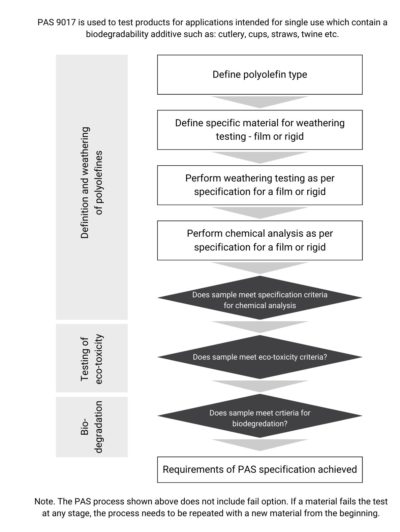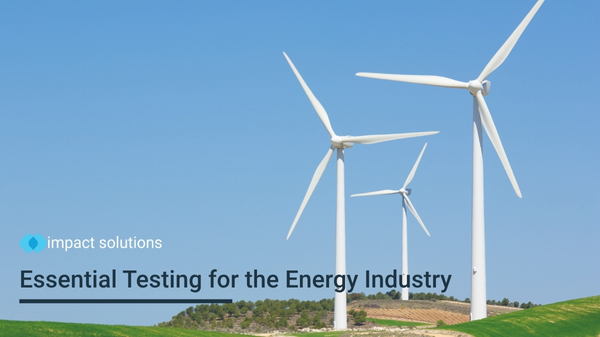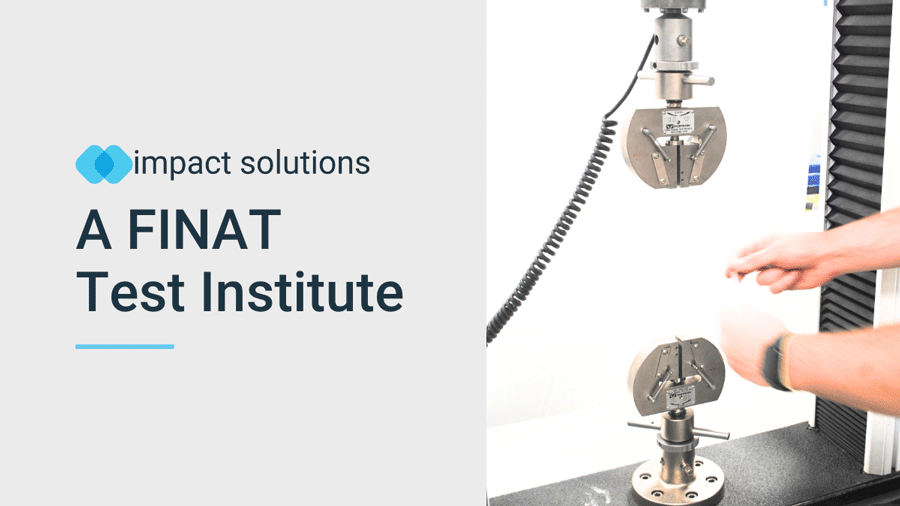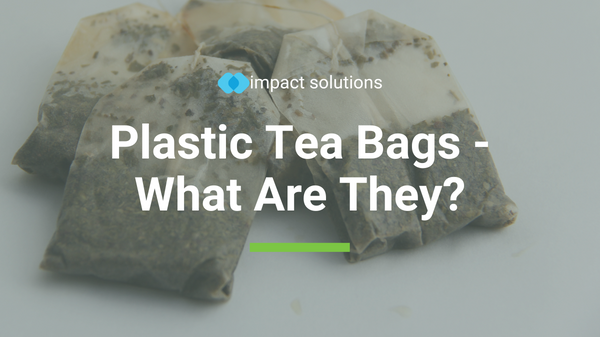PAS 9017 – Biodegradation of polyolefins in an open-air terrestrial environment
What is PAS 9017?
Littering and plastic pollution is a huge problem globally, leading to bans on single-use plastics and the increase in biodegradable packaging. Following the development of a technique allowing polyolefins to degrade in the open air on land, PAS 9017:2020 was written in order to quickly disseminate this technology across the plastic supply chain.
The primary objective of PAS 9017:2020 is to specify the requirements and provide numerical data on the biodegradability of a given polyolefin containing a specific biodegradation additive under open-air terrestrial conditions. The PAS is designed to prove the biodegradability of your product by simulating the process of biodegradation in an unmanaged environment, as in the case of unmanaged disposal or littering.
It does not provide data on how a polyolefinic material would perform under managed biodegradable end-of-life scenarios such as industrial or home composting, anaerobic digestion, or organic recycling.
What does PAS 9017 standard test method involve?
What does PAS 9017 standard test method involve?
PAS 9017 specifies requirements of polyolefinic materials enhanced with an additive technology that imparts biodegradability in an open-air terrestrial environment. This PAS specifies the standards to be used for evaluating the performance of polyolefinic materials at each stage, whilst specifying the conditions and maximum timeframes the testing is to be conducted in. Furthermore, PAS 9017 specifies the chemical analysis and the numerical limits required to meet compliance with the PAS at the end of each stage of testing.

PAS 9017 aims to standardise the effectiveness of technologies that impart biodegradability within polyolefins by providing data on the performance of the tested technology under the stated conditions. The PAS is not intended for making claims of biodegradability, nor for product (self-) declaration.
PAS 9017 test method involves;
- a) Evaluation of polyolefin composition and additive technology
- b) Alignment of specific standardised protocols for testing at each stage, notably:
- 1) Weathering exposure of test polyolefinic materials for a defined period of time
- 2) Eco-toxicity testing upon the wax to ensure no hazardous substances are present
- 3) Biodegradation testing under mesophilic on soil conditions.
- c) Standardised testing protocol to be used at each stage of evaluation as well as for chemical analyses;
- d) Reporting of data at the end of each test stage and the specifications to indicate compliance with the PAS.




